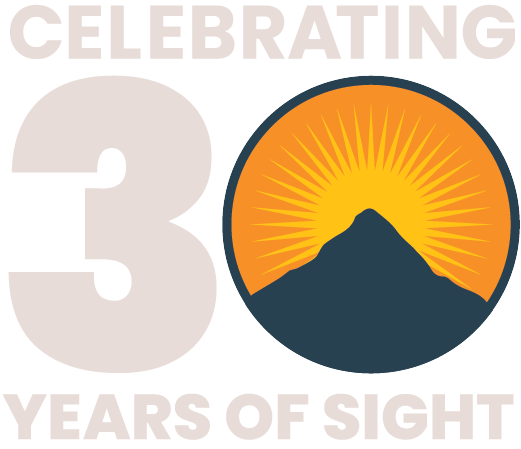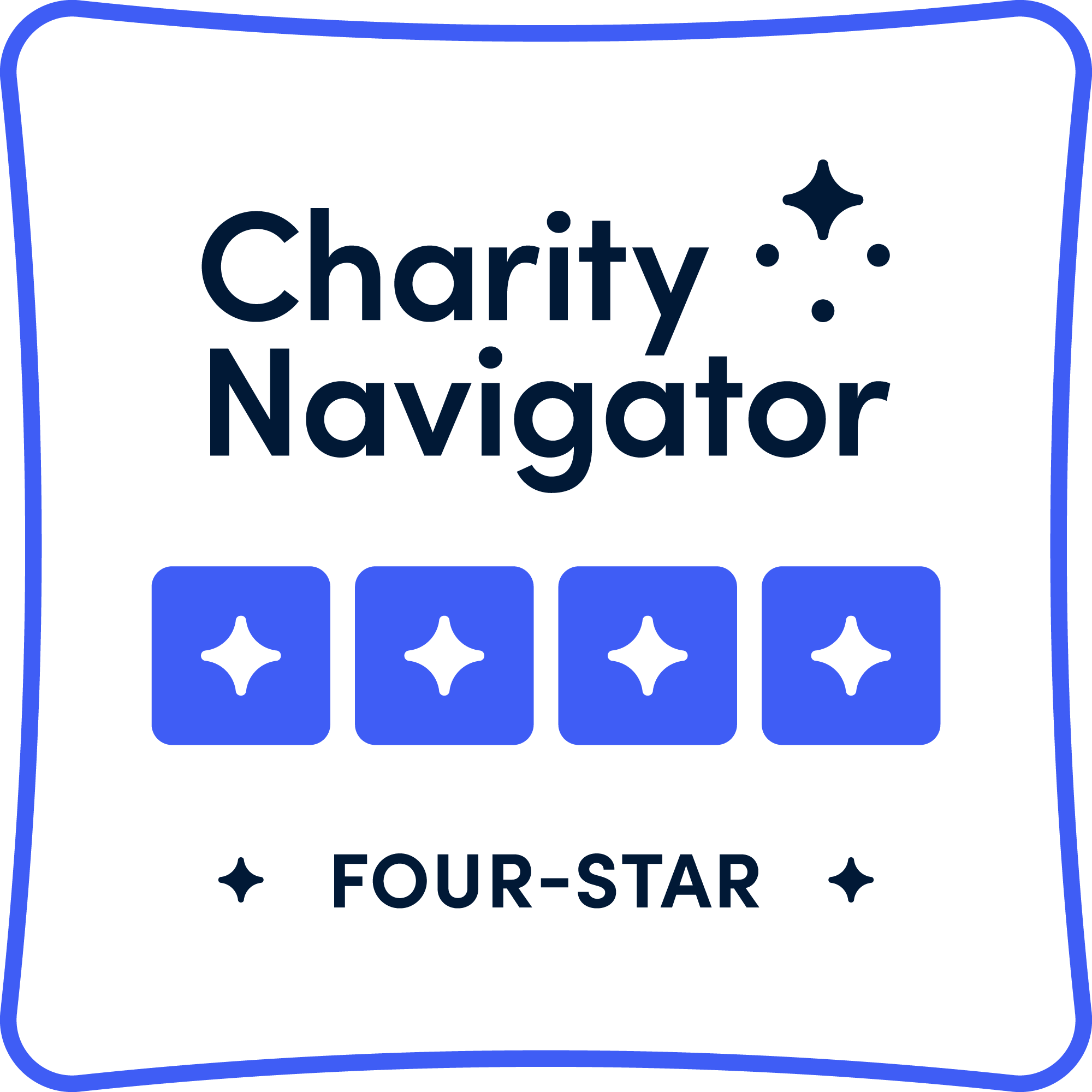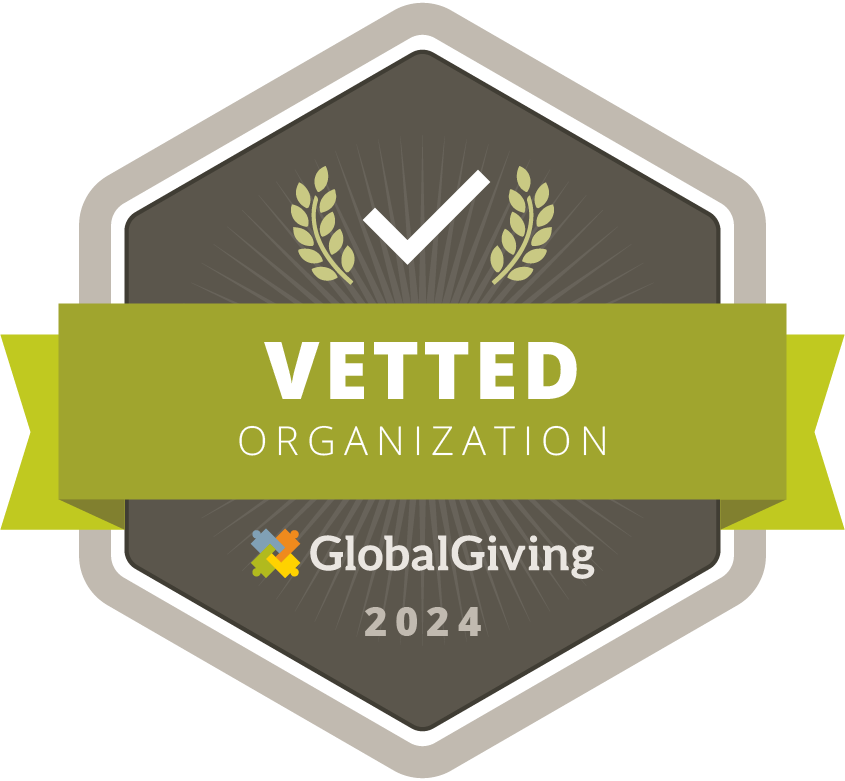What HCP Milestones in South Asia Tell Us
Prevention efforts in India and Nepal have hit significant milestones in 2023. Together, they tell the broader story of how HCP efforts are making a lasting impact on these healthcare systems and creating sustainable changes resulting in better care.
- In June, HCP announced that more than 50,000 men, women and children have been successfully treated for corneal abrasions and their sight saved.
- By September, more than 200,000 patients had received a sight-saving corneal transplant since SightLife International-led efforts to address corneal blindness started in 2009.
- By October, SightLife International-led efforts to train community health workers resulted in a total of 100,000 patients screened. More than 900 community health workers have been trained since 2017 and contributed to this milestone.
“By identifying and treating at the early stage, patients are spared the need for an often unattainable corneal transplant and the lifelong care required for transplant recipients,” explains Patrick Emery, Associate VP, Asia. HCP Cureblindness acquired SightLife International in 2023 to combine efforts and make a larger impact on global eye care.
Corneal Abrasions
Untreated corneal abrasions often lead to irreversible blindness. By treating corneal abrasions early (sometimes with a simple medicated topical), trained healthcare workers provide early intervention and treatment that is both cost effective and accessible in rural communities. This proven solution could prevent nearly 1.5 million new cases of corneal blindness each year.
Corneal Transplants
HCP Cureblindness assists eye bank development with drafted legislation to collect corneal tissue, public awareness campaigns to increase posthumous donations, patient screening, tissue matching, strategic planning, and HR services. HCP streamlines the process to allow for the collection of quality tissue to be used within a short time frame and matched with a surgeon’s requests.
HCP has trained over 700 eye bankers to correctly handle and manage corneal tissue and established several centers of excellence for training surgeons and other eye bankers to utilize viable donations.
The eye banking system and structure continues to expand in Asia and sub-Saharan Africa as current partners are taking a leadership role in helping to facilitate and expand services to more locations. This is possible because of the systems built from the ground up to allow for scalable growth.
“Our eye bank development strategies and the commitment of our partners transformed a fragile and under-developed eye banking ecosystem into a world-class model, often meeting local cornea demand and consistently achieving global quality standards. Our experience applying best practices across countries gives us confidence that we’re well-positioned for continued impact in geographies of need,” continues Emery.
Screening & First Aid

By training field health workers (known as Accredited Social Health Activists (ASHAs) in India and Female Community Health Volunteers (FCHVs) in Nepal), HCP has created a system of first responders who can screen and provide first aid for eye injuries and illnesses. Many of these community health workers live and work in remote areas where access to eye care had not previously existed.
This allows for local care in a timely manner. With the training of more healthcare professionals, prevention programs will expand to new and existing geographies.
“By conducting extensive screenings that identified over 50,000 cases of corneal abrasions, these dedicated individuals played a crucial role in the early detection and immediate management of eye-related conditions,” explains Shaifali Sharma, HCP Director of Primary Care, India. “Their prompt intervention not only saved numerous eyesights but also thwarted the progression of potential causes of blindness.”
HCP’s comprehensive strategy not only addresses the immediate health needs of the community but also allows for substantial strides in the prevention of blindness, aligning with the broader objective of promoting eye health and well-being in rural areas. The awareness generated about local treatment options has empowered communities to take a proactive stance towards eye care, fostering a sustainable impact in the ongoing efforts to combat preventable blindness
Our goal has always been to build high-quality, cost-effective eye care systems to treat avoidable blindness in underserved areas of the world. Milestones allow us to track our progress to achieving this goal.




